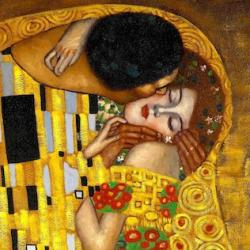Donald Norwood’s Reforming Rome is a study of Karl Barth’s contributions and responses to Vatican II. At the outset, Norwood has to establish that Barth, polemical as he was, was truly a catholic theologian.
He offers several lines of argument: “In his first teaching post at Gottingen in 1921 [Barth] was appointed to teach ‘Reformed Dogmatics’ but declined to do so.” Barth reasoned, “If theology is about God and about expounding the Word of God, can there be such a thing as ‘Reformed Theology’? This reservation and the ensuing argument Barth had with the Faculty about his title suggests that from the start of his teaching career Barth intended to do theology for the whole church, not just elucidate and defend his own tradition” (15-16).
He was, Norwood claims, a great ecumenical theology, not despite his polemical tendencies but because of them. Nrwood quotes this from CD I/2: “We meet a theological adversary in a manlier and more worthy way, the more it is recognized on both sides that in this clash ultimate things are at stake, not merely fortuitous inclinations and disinclinations, not merely things in which one side or the other could think differently, but is prevented only by the laziness and arrogance of the flesh. . . . In theological conflict, the opponents are still together in Christ and therefore still within the Church when it is clear they are separated in Christ and that they contend, not about the respective rights of their Churches, or tendencies within their Churches, or only their own personal opinions, but about the right of the Church against heresy, which makes the dispute necessary” (18-19).















